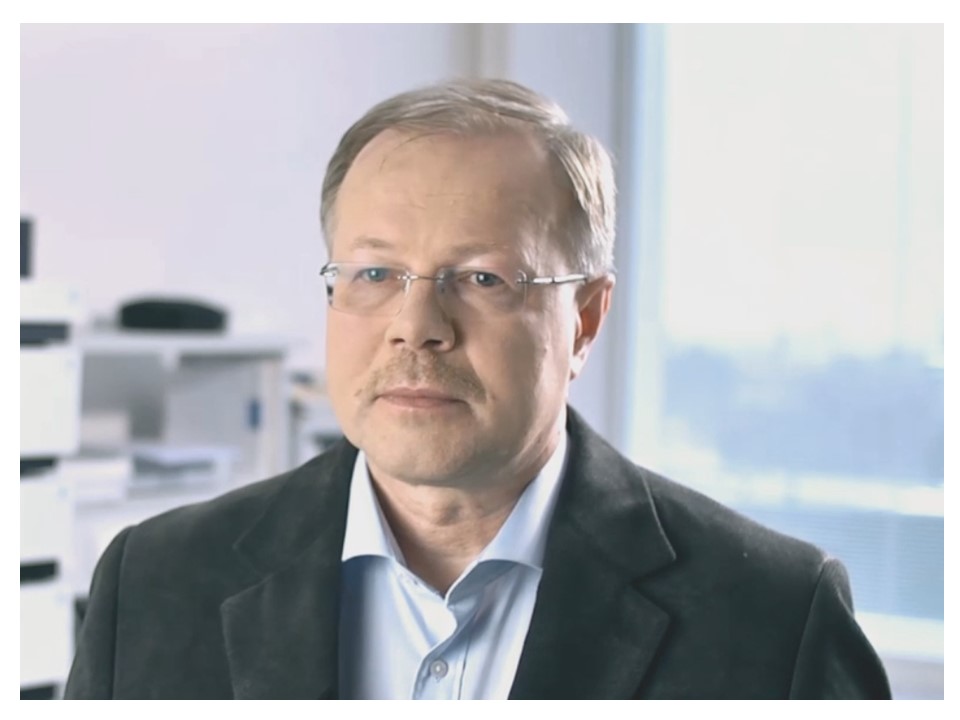|
|
MINDAUGAS VALIUS
|
RESEARCH OVERVIEW
Neoplastic diseases are one of the major causes of death worldwide. Chemotherapy, the main strategy for treating cancer, often fails due to the ability of the tumour cells to adjust to the therapy and to become even more malignant. A precise diagnosis of tumours and the development of new therapeutic tools as well as the ability to detect and destroy therapy-resistant cells are the essential areas for a successful tumour therapy. There are several avenues of research for overcoming the cancer treatment problems. First, one must understand the fundamental mechanisms of cancer genesis and target the crippled processes with specific agents. Second, to deal with the constantly rising drug resistance, it is necessary to elucidate the mechanism of drug resistance, to choose and individually apply the second-line therapy. We address these issues by pursuing the following long-term goals: I) to study the molecular mechanisms of cancer cell genesis, including cell signalling in vitro; II) by applying high throughput differential quantitative proteomic analysis, to identify signalling pathways and biological processes altered in drug resistant cells; III) to match the effective first and second-line therapy to successful treatment.
Our research focus encompasses the novel as well as conventional pathways of cancer cell signalling. In collaboration with the R. Prekeris Lab (University of Colorado Denver, Colorado, USA) we investigated the novel role of midbody, cellular organelle previously associated only with cytokinesis, in cancer cell proliferation, survival and drug resistance [1,4]. The combined analysis of colorectal cancer cells proteome and miRNome enabled us to highlight partial endothelial–mesenchymal transition and altered mutant p53 signalling as the core processes in acquired resistance to standard FOLFOX chemotherapy [3]. We also applied multiparametric proteomic analysis to reveal the enhanced SCF receptor c-KIT signalling in multidrug-resistant breast cancer cells. The treatment with c-KIT targeted inhibitor was shown to be a promising second-line therapy in the current case of acquired chemotherapy resistance [2].
SELECTED PUBLICATIONS
- Peterman, E., Gibieža, P., Schafer, J., Skeberdis, V. A., Kaupinis, A., Valius, M., Heiligenstein, X., Raposo, G., Prekeris, R. The post-abscission midbody is an intracellular signaling organelle that regulates cell proliferation. Nat Commun. 2019, 10: 3181.
- Kuciauskas, D., Dreize, N., Ger, M., Kaupinis, A., Zemaitis, K., Stankevicius, V., Suziedelis, K., Cicenas, J., Graves, L. M., Valius, M. Proteomic analysis of breast cancer resistance to the anticancer drug RH1 reveals the importance of cancer stem cells. Cancers (Basel). 2019, 11(7): 972.
- Gasiulė, S., Dreize, N., Kaupinis, A., Ražanskas, R., Čiupas, L., Stankevičius, V., Kapustina, Ž., Laurinavičius, A., Valius, M., Vilkaitis, G. Molecular insights into miRNA-driven resistance to 5-Fluorouracil and Oxaliplatin chemotherapy: miR-23b modulates the epithelial–mesenchymal transition of colorectal cancer cells. J. Clin. Med. 2019, 8: 2115.
- Peterman, E., Valius, M., Prekeris, R. CLIC4 is a cytokinetic cleavage furrow protein that regulates cortical cytoskeleton stability during cell division. J Cell Sci. 2020, 133(9): jcs241117.

